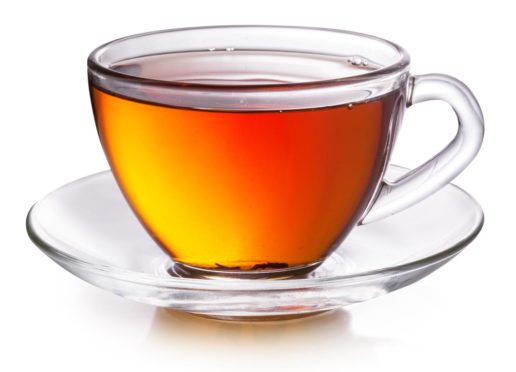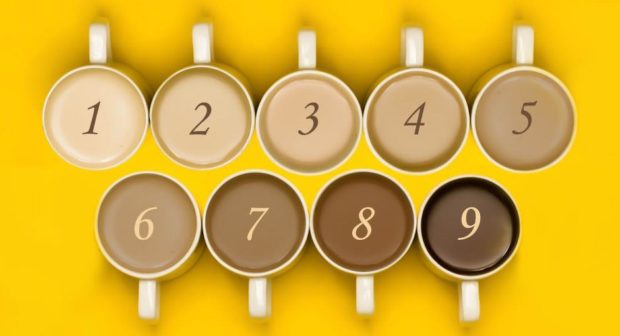Whether you call it a cuppie, cuppa or a brew, the health benefits of drinking a cup of tea are clearer than ever on National Tea Day, Thursday April 21.
Research found 77% of Scots say drinking tea helps to improve their mood, while 52% find it keeps them calm.
And almost half (47%) of Scots share the same tea drinking habits as their parents, meaning health benefits – from cognitive and brain health to protection of heart and gut function – can carry down generations.
Dr Carrie Ruxton from Cupar, a dietitian and member of the Tea Advisory Panel, says: “As well as being popular across the ages, tea provides distinct benefits for each generation.
“Studies show working age adults who drink tea improve mental focus and memory, while older adults benefit from lower blood pressure and reduced risk of heart disease.
“Even children over the age of four years can get a health advantage by switching to milky unsweetened tea since it contains natural fluoride which protects teeth.”
Which shade of tea is best for your health?
Should we be aiming for a milky cuppa for a calcium boost – or just plain tea?
Dr Ruxton says: “A review comparing the literature study concluded milk does not impact the health benefits of tea.
“Milk is digested by the body, so any complex/association formed in the cup is broken down minimising any impact.”

She says tea is also proven to have gut health effects: “Drinking green tea boosted gut levels of Bifidobacterium – a healthy strain of bacteria linked with metabolic health – with effects seen after just two weeks.
“This could particularly help women who tend to suffer digestive discomfort more often than men.”
And it can also be good for sleep. In fact, the benefits of tea are so broad, the truth is drinking it as opposed to not, is best for health. Though darker shades, those brewed longer, may increase effects.
How long to leave the teabag in for max health benefits
Tea Advisory Panel research shows a third of younger people leave the teabag in for longer than their elders – far better for extracting the maximum number of polyphenols.
GP, Dr Gill Jenkins, explains: “Research shows tea components, especially polyphenols, influence brain health, mood and cognitive function by relaxing blood vessels and improving their function.
“This lowers blood pressure and brings more nutrients and oxygen to the brain.
“Tea polyphenols are also anti-inflammatory and deliver antioxidant effects which protect brain cells from damage.”
Emerging evidence in a new review shows that herbal teas including German Chamomile, Rosehip and Spearmint could benefit women’s hormonal health and more. More research is needed https://t.co/L2fEdVTbuL #teaforlife #selfcare #womenshealth #wellness #herbaltea pic.twitter.com/wW9t4xVQxr
— Tea Advisory Panel (@TeaAdvisoryPan) April 19, 2022
Dr Ruxton agrees: “On the perfect brewing time, there will be advice on the packet from the people who blend the tea for optimal taste.
“It’s the tea solids – bringing colour and taste – which also bring health benefits, so brewing longer will help maximise benefits.”
Up to five minutes is usually the recommended brewing time for hot water tea. The longer you brew the more bioactives you get though this creates a stronger taste.
Happy and relaxed
“The health benefits also come from longer-term consumption. Two or three cups a day help reduce risks of developing conditions such as type 2 diabetes,” says Dr Ruxton.
More than half of Scots polled say they feel cosy, happy and relaxed – as well as energised – when they get the first sniff of a freshly brewed cuppa.
Dr Ruxton concludes: “All the evidence on tea means drinking three to four cups of tea a day could benefit all ages.”
So whether we’re enjoying it alone or with friends and family on National Tea Day this Thursday, it’s time to celebrate the health benefits our humble cuppa provides.

